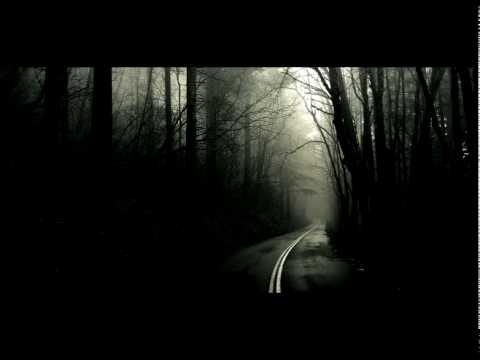London is a goldmine for second-hand fashion, offering everything from high-end vintage to budget-friendly thrift finds. Whether you’re after a unique statement piece, designer labels at a fraction of the cost, or simply want to shop sustainably, London has plenty of options. Here’s where to start your hunt for the best second-hand clothes in the city.
Vintage shops: where timeless meets trendy
If you’re looking for high-quality vintage fashion, London has some of the best curated stores in the world. These places offer carefully selected pieces, often from decades past, giving you an opportunity to wear history with style.
- Rokit (Various locations) – A staple in London’s vintage scene, Rokit offers everything from ’90s sportswear to classic Levi’s denim.
- Beyond Retro (Shoreditch, Soho, Dalston) – Perfect for bold and unique fashion lovers. Their massive selection includes retro dresses, jackets, and accessories.
- Atika (Shoreditch) – A massive two-floor store with reworked vintage and sustainable fashion.
Vintage stores often price their items higher than thrift shops, but the quality and uniqueness are usually worth it.
Charity shops: affordable and ethical finds
Charity shops are the backbone of London’s second-hand clothing scene. They offer affordable options while supporting good causes, making them a guilt-free way to shop.
- Traid (Various locations) – A great option for trendy second-hand clothing, with profits going toward sustainable development projects.
- Oxfam (Various locations) – Known for its well-organized stores, Oxfam’s charity shops often carry stylish and high-quality fashion finds.
- Cancer Research UK, British Red Cross, and Shelter (Multiple locations) – You can find affordable, stylish pieces while supporting important social causes.
For the best finds, head to charity shops in more affluent neighborhoods like Chelsea, Kensington, and Hampstead. You’ll often discover high-end brands at low prices.
Thrift stores: hidden gems at bargain prices
For those who love the thrill of digging through piles of clothes to find hidden treasures, thrift stores are a dream come true. These spots are usually more budget-friendly than vintage shops but still offer some fantastic pieces.
- East End Thrift Store (Whitechapel) – One of London’s best-kept secrets, this warehouse-style store is perfect for bulk-buying vintage and thrift clothing.
- Crisis (Various locations) – With an eclectic selection of clothing, this chain supports homelessness charities while offering great fashion at low prices.
- Preloved Kilo Sales (Various pop-up locations) – Keep an eye out for these pop-up events where you pay for clothes by weight rather than individual prices.
Markets: the ultimate treasure hunts
Markets are a fantastic way to find one-of-a-kind fashion pieces while soaking up London’s vibrant atmosphere. They offer a mix of vintage, second-hand, and independent designer pieces.
- Brick Lane Market (Shoreditch) – A hotspot for vintage lovers, offering everything from leather jackets to designer finds.
- Portobello Road Market (Notting Hill) – One of the world’s most famous markets, ideal for hunting down classic vintage fashion.
- Camden Market (Camden) – A mix of alternative, retro, and second-hand clothing stalls, perfect for unique finds.
Markets require patience, but if you enjoy the thrill of hunting, you can walk away with some seriously stylish bargains.
Online second-hand shopping: convenience at your fingertips
If you prefer shopping from the comfort of your home, London also has an array of online options for second-hand fashion.
- Depop – A great platform for vintage, streetwear, and independent sellers.
- Vinted – Ideal for affordable second-hand shopping with an easy-to-use interface.
- Vestiaire Collective – If you’re after designer labels, this is the best place to find authenticated luxury second-hand pieces.
Online shopping lets you access London’s second-hand scene without leaving your home, though you’ll need to be quick—good items sell fast!
Final tips for second-hand shopping in London
- Go early – The best pieces get snapped up quickly, especially in popular markets and stores.
- Keep an open mind – Sizes and styles vary, so try things on or be open to alterations.
- Check for quality – Look for stains, missing buttons, or small damages before purchasing.
- Bring cash – Some markets and independent sellers prefer cash over card payments.
- Be patient – Finding the perfect piece can take time, but that’s part of the fun!
Whether you’re an eco-conscious shopper, a fashion enthusiast, or just looking for a bargain, London’s second-hand clothing scene has something for you.
Get out there, explore, and refresh your wardrobe with stylish, sustainable finds!





